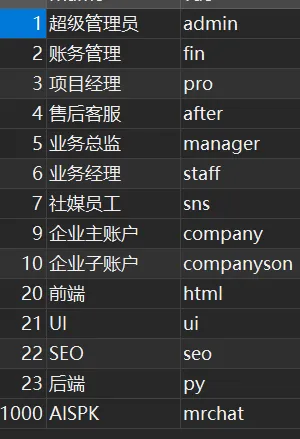
Dec . 25, 2024 18:43 Back to list
types of field fence
Types of Field Fences A Comprehensive Guide
When it comes to agricultural practices, one of the essential elements that play a crucial role in maintaining the integrity of farmland is fencing. Field fences not only delineate property boundaries but also serve to protect crops and livestock from unwanted intrusions. With a variety of styles and materials available, choosing the right type of field fence for your farm can be a daunting task. In this article, we will explore the various types of field fences and their unique characteristics, benefits, and ideal applications.
1. Barbed Wire Fencing
Barbed wire fencing is perhaps one of the most traditional and widely used forms of field fencing, particularly in cattle ranching. Made of twisted strands of wire with sharp barbs spaced at intervals, this type of fencing is highly effective in keeping livestock contained. The barbs deter animals from pushing through or attempting to escape. Barbed wire fences are durable, relatively inexpensive, and suitable for a wide range of terrains. However, they may pose risks to animals and humans alike, so caution is advised.
2. Electric Fencing
Electric fencing is an innovative solution that uses electric shocks to keep livestock within boundaries. It consists of a series of electrified wires that can be either permanent or temporary. The shock delivered is harmless but effective enough to deter animals from touching the fence. Electric fencing is versatile and can be deployed for various applications, including rotational grazing, to maximize pasture use. It’s particularly useful for containing more agile animals like goats and sheep. Although it requires a power source and may involve higher initial costs for installation, its effectiveness often makes it worth the investment.
3. Welded Wire Fencing
Welded wire fencing consists of perpendicular wires welded together at their intersections, creating a robust and rigid structure. This type of fence is excellent for keeping smaller animals in or out and is commonly used for gardens, poultry enclosures, and dog runs. Welded wire fencing comes in various mesh sizes, allowing for customization depending on the type of animal being contained. Its durability is a significant advantage, and it often lasts for many years without significant maintenance.
types of field fence

4. Chain Link Fencing
Chain link fencing is constructed with galvanized steel wire, woven together to form a diamond pattern. This type of fence is highly durable, requires minimal maintenance, and provides excellent visibility. It is a popular choice for enclosing larger areas such as pastures or playgrounds. While chain link fencing is not necessarily the most aesthetically pleasing option, its strength and longevity make it a practical choice for many farmers and landowners.
5. Stock Fencing
Stock fencing is ideally suited for containing livestock and is composed of vertical and horizontal wires that create a grid structure. This type of fencing is excellent for sheep, cattle, and horses, providing them with secure boundaries without the risk of entanglement. Stock fencing is available in various gauges and heights, depending on the type of animals being kept. Its design allows for a certain degree of flexibility, making it adaptable to uneven terrains.
6. Palisade Fencing
Palisade fencing involves vertical wooden or metal posts driven into the ground to create a barrier. This type of fencing is often used for security purposes due to its height and formidable appearance. While not traditionally used specifically for field fencing, palisade fencing can effectively secure areas containing livestock or valuable crops. Its durability and strength make it an excellent choice for farms located in regions with high wildlife activity.
Conclusion
Choosing the right type of field fence is vital for the protection of livestock, crops, and property while ensuring compliance with local regulations. Each type of fence has its advantages and disadvantages, depending on various factors such as the type of animals being contained, the terrain, and the purpose of the fence. By considering these factors carefully, farmers can select the most appropriate fencing solution to meet their needs, ensuring a safe and productive farming environment.
-
Why a Chain Link Fence is the Right Choice
NewsJul.09,2025
-
Upgrade Your Fencing with High-Quality Coated Chicken Wire
NewsJul.09,2025
-
The Power of Fence Post Spikes
NewsJul.09,2025
-
The Best Pet Enclosures for Every Need
NewsJul.09,2025
-
Secure Your Property with Premium Barbed Wire Solutions
NewsJul.09,2025
-
Enhance Your Construction Projects with Quality Gabion Boxes
NewsJul.09,2025
Products categories











